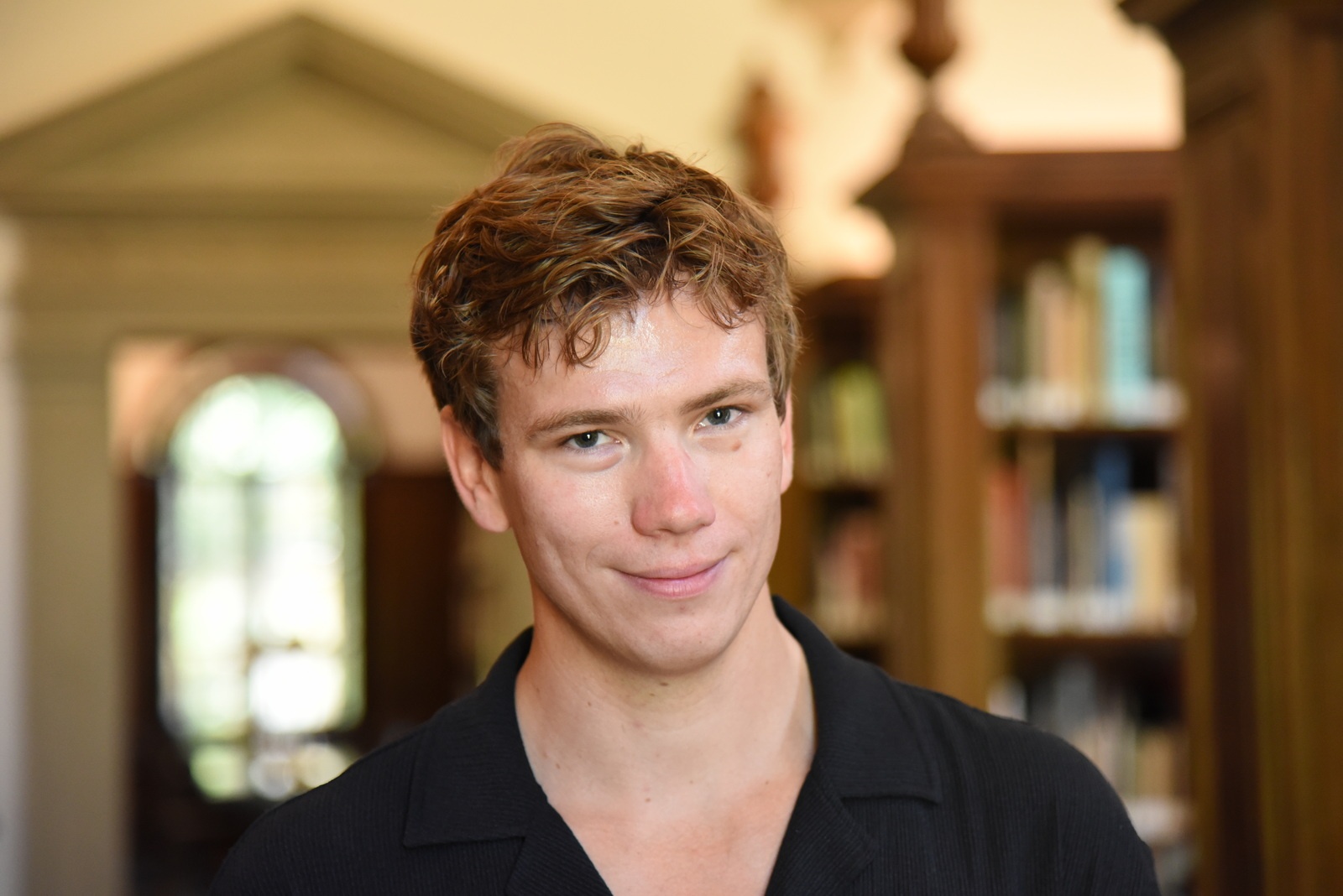Felix Schlichter
Between Antiquarianism and Theology: The Rise of Historical Criticism in Seventeenth-Century Italy
2025-2026

Biography
Felix Schlichter is a historian focusing primarily on the intellectual, cultural, and religious history of early modern Europe, with a particular focus on Italian scholars working in the Republic of Letters around the end of the seventeenth century. He received his PhD from the University of Cambridge in 2022 with a thesis on biblical chronology in the seventeenth and early eighteenth centuries, which has since been published by Brill under the title Mythology, Chronology, Idolatry: Pagan Antiquity and the Biblical Text in the Scholarly World of Guillaume Bonjour (1670-1714). He has subsequently held postdoctoral fellowships in Gotha, Mainz, Wolfenbüttel, and Rome. His other publications include articles on the reception of Flavius Josephus,the development of early modern Christian mythography, and a forthcoming study of late seventeenth century numismatics.
Project Summary
The late seventeenth century was a vital although often under-appreciated period for the development of historiography. In particular, a new attention to historical context and the proper use of historical sources came to shape the methods of historians of the Enlightenment and nineteenth-century Germany; historians who still shape our methods and practices today. Two developments are particularly important for understanding this: the rise of positive theology, which emphasized the importance of proper historical research for defining religious truth (particularly in the ancient Church); and the contemporaneous proliferation of antiquarianism, which sought to balance existing knowledge drawn primarily from literary sources with newly discovered material sources, most notably ancient coins and inscriptions. Schlichter’s project marks one of the first attempts to understand how these two movements, often treated independently, converged. By focusing above all on the antiquarian circle which formed around the prominent theologian Enrico Noris (1631-1704), he explores how scholars mobilized antiquarian research to make critical and occasionally polemical contributions to the key theological debates of the period. Such an approach contributed significantly to the elevation of historical research as a form of knowledge; and yet, as the project also stresses, had serious ramifications for long-standing religious traditions, which gradually found themselves struggling to cope with the evidence scholars discovered in history.
